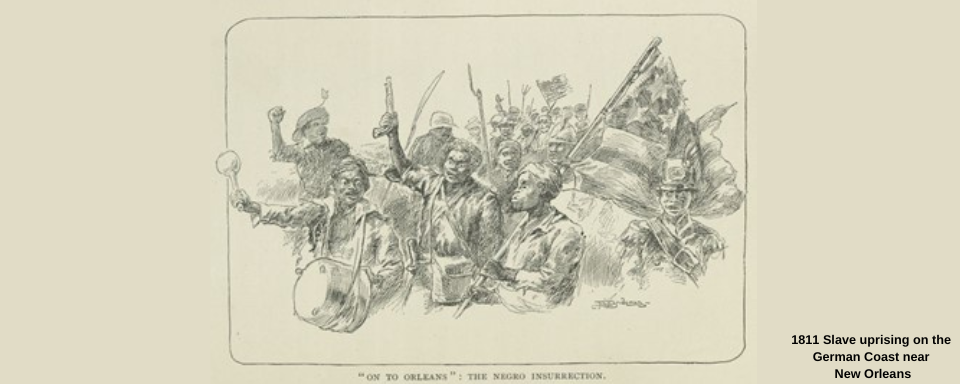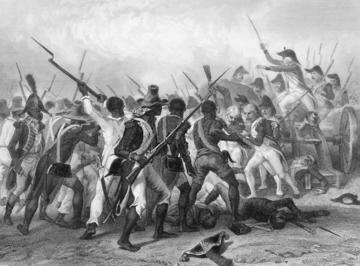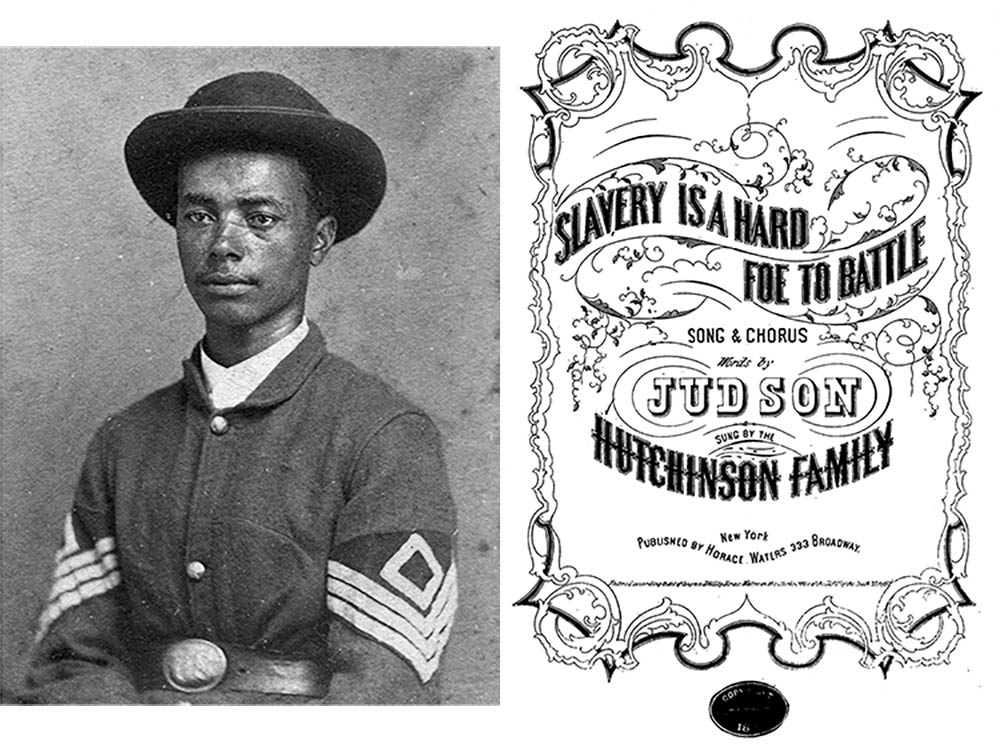
Songs of Slavery and Emancipation
Juneteenth is a fitting date for the publication of Songs of Slavery and Emancipation and the accompanying CDs. Not only does Juneteenth commemorate the end of slavery in the United States, but it recalls the long and arduous struggle to achieve that noble aim. The songs collected in the book contributed to that struggle in incalculable ways. We can only imagine how many souls were touched by their melodies and their words. We can only imagine the numbers given courage, uplifted and inspired by the solidarity they evoked. But we can be certain that there were many, many such souls, North and South, who not only heard but participated in singing these songs. We know this because the process of unearthing them revealed the extent to which they were woven into the lives of people involved in their creation and propagation. While some of the songs were sung at mass meetings of abolitionists, others were passed by word of mouth, sung clandestinely out of earshot of the slave owners. We have evidence of this in the case of specific songs included in this collection but, above and beyond that, we have the fact that it has taken this long for these songs to be brought to light.
Imagine, for example, if Reconstruction had not been subverted by the machinations of Northern Capitalists and Southern Slavocrats. Imagine if the promise of land reform (40 acres and a mule) had been carried out, if public health, education and welfare had been delivered—as Reconstruction held the promise of doing—to the entire working population, Black and white, of the newly re-united states. One thing we can be sure of is that, if Reconstruction had succeeded, these songs would not have been consigned to oblivion, to gathering dust in the basements of libraries. They would have become part of the American Canon of folksong and sung by young and old alike along with other markers of history from "Yankee Doodle" to "This Land is Your Land" to "Lift Every Voice and Sing."
We know this because as W. E. B. Du Bois wrote in his great book Black Reconstruction, it was the promise of social and economic justice that was crushed with the defeat of Reconstruction and the establishment of Jim Crow. The entire period from 1877 until the 1960s was another chapter in the struggle for emancipation, albeit in forms altered by the formal abolition of slavery. It must be recalled that the edifices of "Lost Cause" mythology, of "Birth of a Nation" and "Gone with the Wind," of statues celebrating the slaveowners' generals such as Lee, Jackson, and Forrest, were erected following the defeat of Reconstruction, not before. We must recall, as well, that this nostalgic longing was accompanied by lynching, segregation, and second-class citizenship for African Americans, and it was justified to a large extent by the erasure from history of the slaves' resistance to their oppression. The perpetuation of a fantastic lie required, for its acceptance, the obliteration of an obvious and undeniable truth. This explains the burial of the history of slave revolts brought to light in the 1939 pamphlet of Herbert Aptheker, which is reprinted in Songs of Slavery and Emancipation. That history, and the songs that arose within and contributed to it, is what we hope to reclaim and share with future generations.
–Mat Callahan, author of Songs of Slavery and Emancipation
Film Trailer:
Songs of Slavery and Emancipation - Trailer from Don Fierro on Vimeo.




Comments